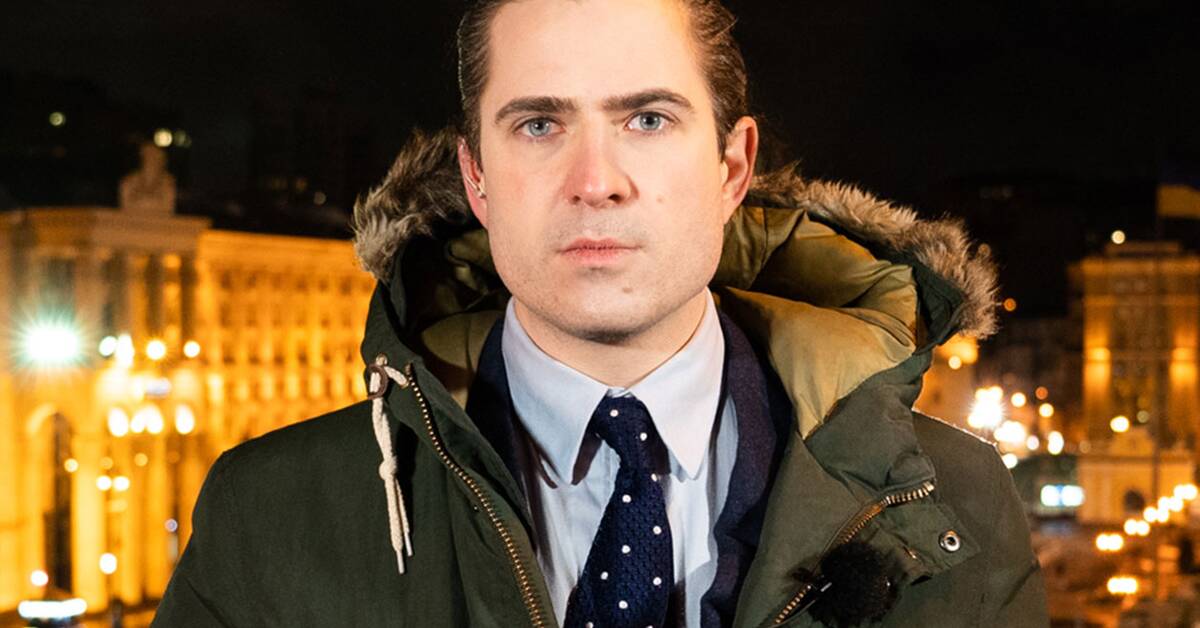On February 21, the Russian government offered one of its perhaps most heavily directed theater productions since Vladimir Putin came to power.
In tough competition, if it needs to be said.
There the president sat while the Federal Security Council had to step forward and say what was expected of them: that they had to recognize the Russian-occupied Ukrainian regions of Donetsk and Luhansk as independent states.
The ominous spectacle also offered some rare humiliating dialogue, with the stammering head of the foreign security service SVR taking center stage.
After Sergei Naryshkin was repeatedly asked to speak out of his beard, he finally managed to say:
- I support the entry of the People's Republics of Donetsk and Luhansk into the Russian Federation.
Think, it would have gone wrong anyway.
Putin snapped angrily:
- That is not what we are talking about.
We are talking about recognizing their independence - yes or no?
The answer was of course yes.
But perhaps Naryshkin read just a little too far into the script.
Can hope to deter
Today, exactly seven months later, Russian-occupied territories are moving rapidly toward referendums on joining Russia.
Russian-appointed leadership in four regions has announced that they intend to hold these votes as early as this weekend.
The background is the military successes that Ukraine has achieved.
Administrations in Russian-occupied territories thought they were more secure until recently, but may suddenly have reason to worry about their career development (and certainly their personal safety).
Being part of Russia, if only in Moscow's eyes, can therefore be thought to offer a kind of security.
Moscow, for its part, can hope for the same, because today it risks continued humiliation in the parts of eastern Ukraine it claims to defend.
If you now believe that Ukraine allows itself to be deterred, that is.
Referendums
How then to hold referendums in a burning war zone with only a few days to prepare?
The answer, of course, is that they could just as well have been announced on the moon, since the result will still be the predetermined one.
High-ranking Russian politicians have also supported the idea, Foreign Minister Sergei Lavrov, lower house Duma spokesman Vyacheslav Volodin and former president Dmitry Medvedev.
The latter, once "Putin's partner", has changed its role during the war from drifting cuckoo to rock-hard hawk.
All formally hold heavy offices but have very little real power.
They have little if any opportunity to think anything directly different from Putin.
Confused Russia
Information that Putin would speak on Tuesday evening had journalists glued to state television.
Would he give the referendums his support?
Or maybe declare war, with general mobilization?
During the day, Parliament's lower house hammered through an amendment to the law on punishment for refusing orders, looting and the like.
But the fact that general mobilization was mentioned in the proposal was enough to fuel speculation, even though the Kremlin seems to want to avoid such a deeply unpopular measure for the longest time.
But no announcement came this particular evening in Moscow, and Putin really lacks good alternatives.
Neither annexation nor mobilization would magically solve his problems in Ukraine.

